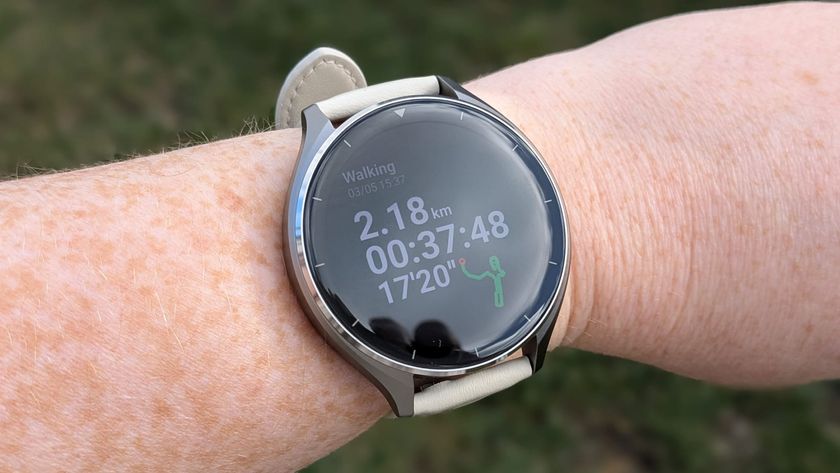Fitness Rx for Some: Skip the Gym, Go Home

If you'd rather stay home than go to the gym, you might be on to something. As long as you work out in your living room, that is.
It turns out that gym membership is not a simple calculus, according to the February issue of Mayo Clinic Women’s HealthSource, which outlines the pros and cons.
Among the benefits of the gym rat life are the variety of equipment, classes and activities available to members. It may be more fun to exercise if you can try the elliptical on Mondays, a yoga class on Wednesdays and spinning on Fridays.
Gyms also offer professional trainers to give tips, teach how to use the machines correctly and custom design programs to help reach goals. Having experts on hand to make sure you exercise safely can also help prevent injury.
Working out in a gym also means never having to run in the rain, in freezing cold weather, or in stifling summer heat.
Plus, members might even meet a friend or get motivated by the pace of an adjacient man or woman who is spritely treadmilling.
And don't forget the Olympic-sized pools, running tracks, and racquetball and tennis courts of some swank gyms.
Sign up for the Live Science daily newsletter now
Get the world’s most fascinating discoveries delivered straight to your inbox.
The downsides
The biggest pitfall can often be the cost of membership. Some gyms require expensive long-term contracts, and HealthSource reports it may take two visits a week to justify the expense.
Some gyms are inconveniently located. If it's too far away or takes too much time to make the trip, it might not be worth it.
Plus gyms get crowded, and some gym-goers are repelled by sweaty exercisers invading their personal space.
Check out staff, equipment
If the pros outweigh the cons, find a health club that suits your needs. Those who don’t swim or play racquetball might find a smaller facility is best. A gym should have a comfortable atmosphere, be clean, and have a friendly and inviting staff and well-maintained equipment.
Make sure staff are well-trained and certified by a nationally accredited agency such as the American College of Sports Medicine, American Council on Exercise or National Strength and Conditioning Association.
- The Body Quiz
- Video: The Exercise Gene
- Top 10 Amazing Facts About Your Heart












